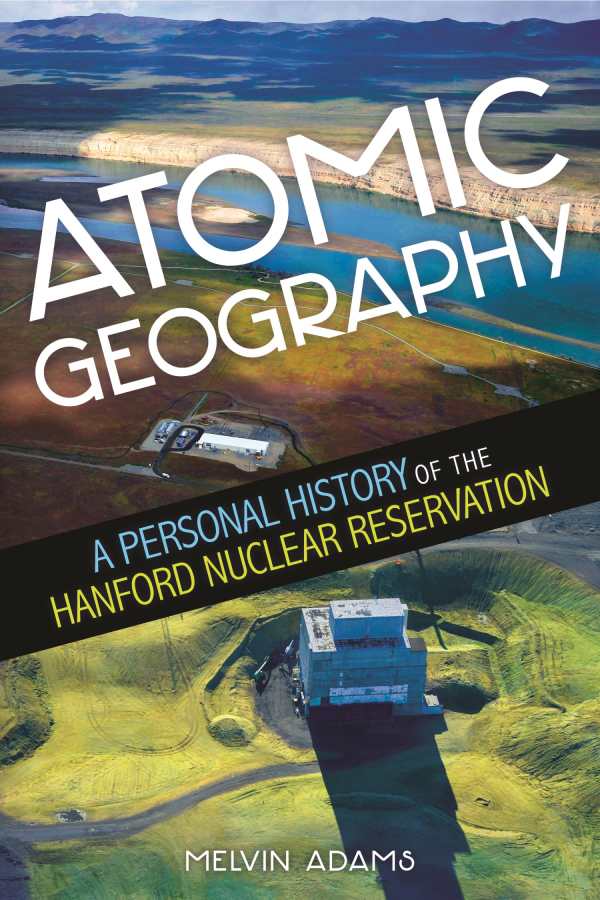It looks like you've stumbled upon a page meant to be read by our code instead of viewed directly. You're probably looking for this page.
Atomic Geography
A Personal History of the Hanford Nuclear Reservation
For a book about nuclear waste cleanup, paradox and irony figure prominently—Atomic Geography is an intelligent, probing, and strangely poetic read.
Environmental engineer Melvin Adams spent more than two decades working at the Hanford nuclear site in eastern Washington. His keen personal history reveals how a rural stretch of arid steppe along the Columbia River was converted into America’s preeminent plutonium factory during World War II and the Cold War. That weapons of mass destruction sprung from an idyllic setting of sagebrush and bunchgrass is one of the book’s overarching ironies.
Adams explores technical issues of environmental mitigation with clear, personable prose reminiscent of nonfiction greats like John McPhee. The scale of both contamination and cleanup at the Hanford site are mind-boggling, but the book does a good job of putting scientific information within a human context.
The paradox that emerges is a rather amazing one: life flourishes even in a toxic environment. Adams waxes poetic about the resilient species of plants and animals that thrive in and around the site. Hanford has since become a national monument and part of a historic park dedicated to the Manhattan Project. In this transformation, the author sees redemption of the human race. Atomic Geography doesn’t merely map a specific place in time; it charts a greater course away from nuclear armament and toward environmental stewardship.
Reviewed by
Scott Neuffer
Disclosure: This article is not an endorsement, but a review. The publisher of this book provided free copies of the book to have their book reviewed by a professional reviewer. No fee was paid by the publisher for this review. Foreword Reviews only recommends books that we love. Foreword Magazine, Inc. is disclosing this in accordance with the Federal Trade Commission’s 16 CFR, Part 255.
